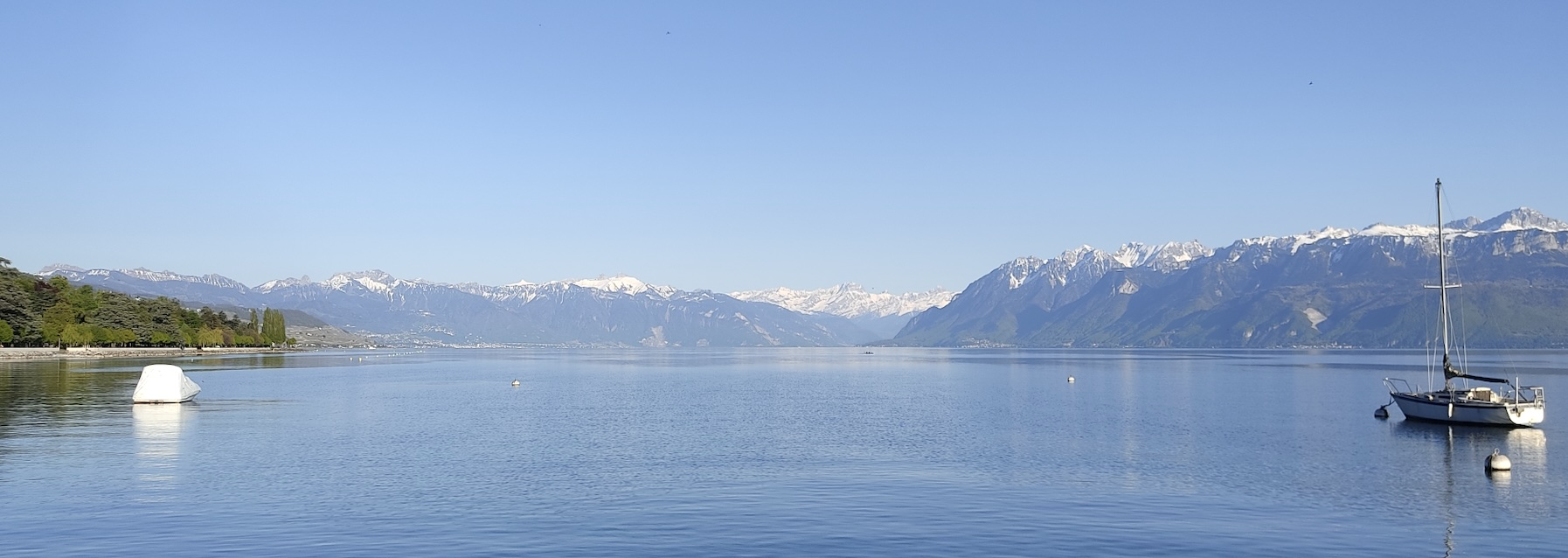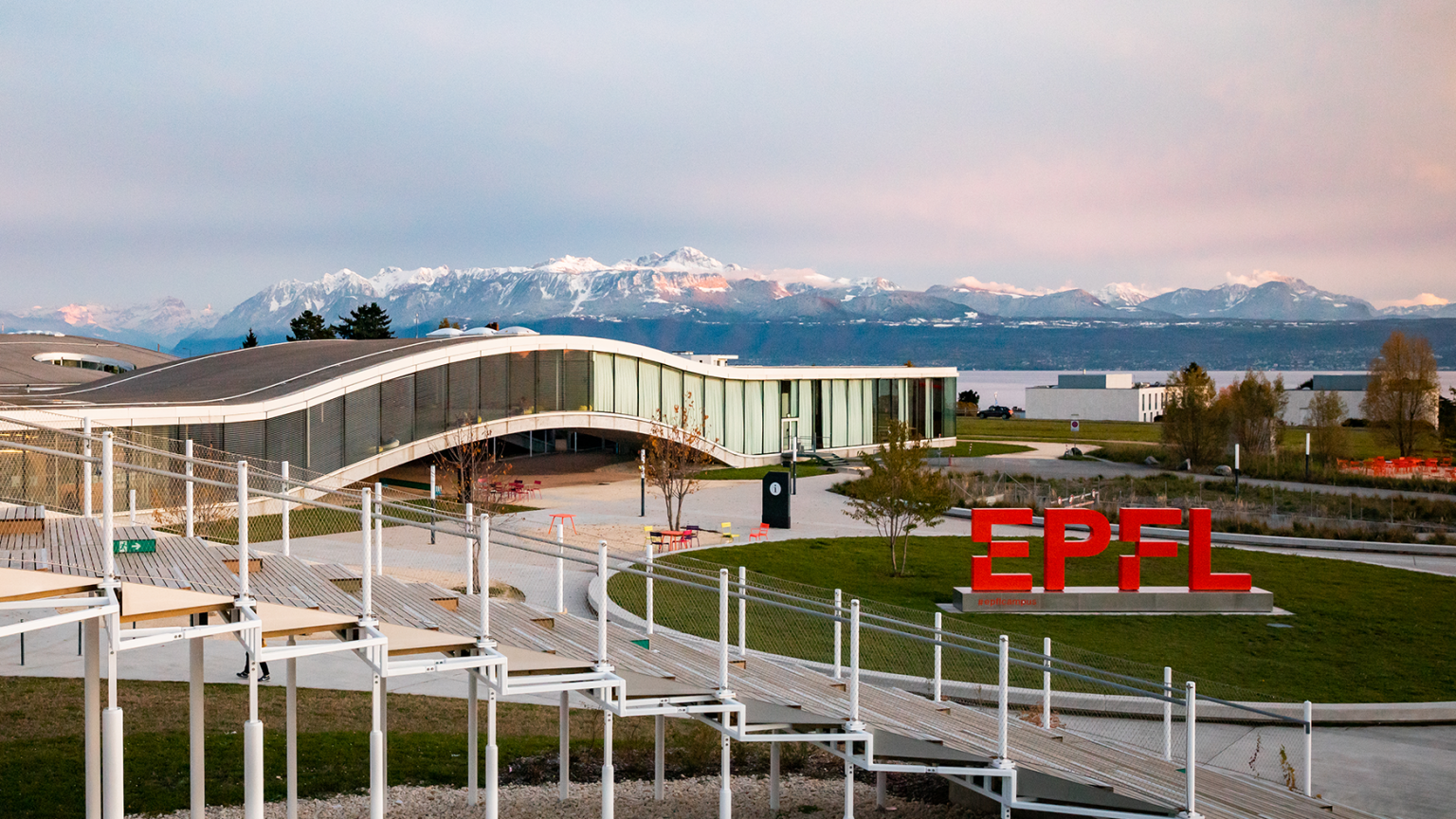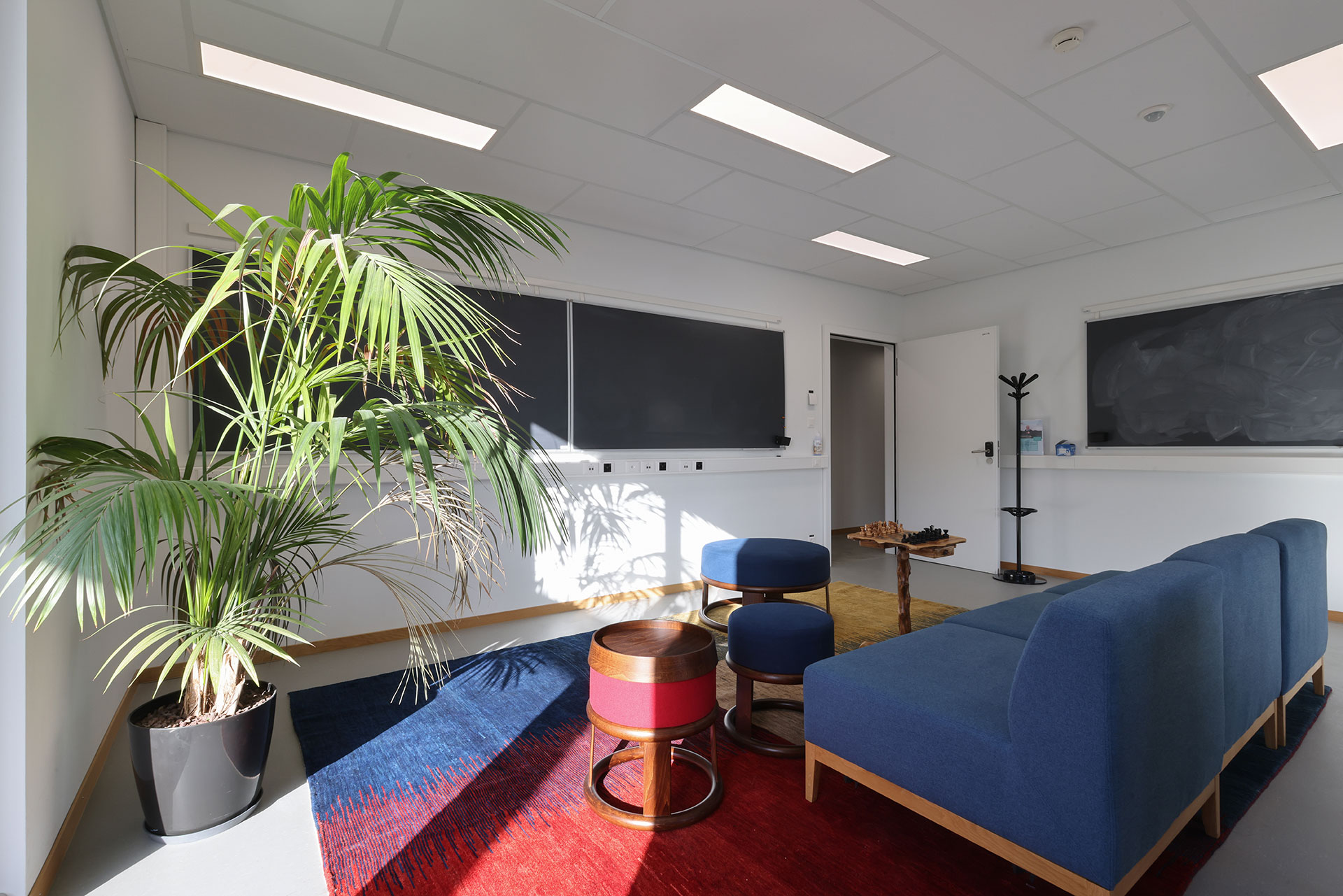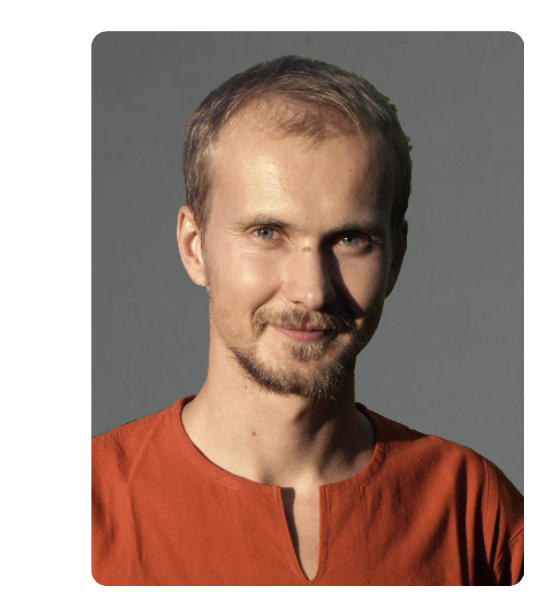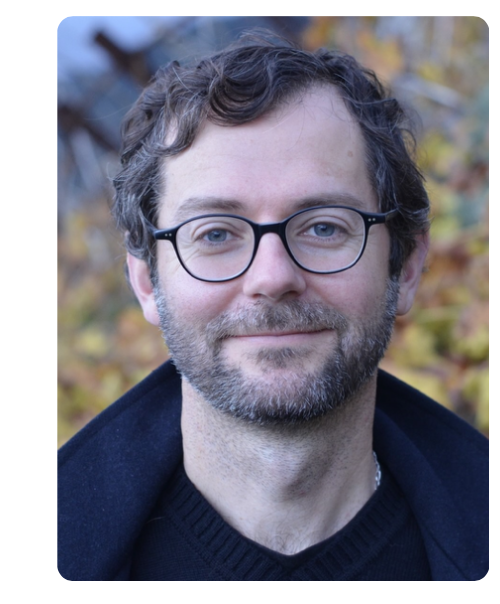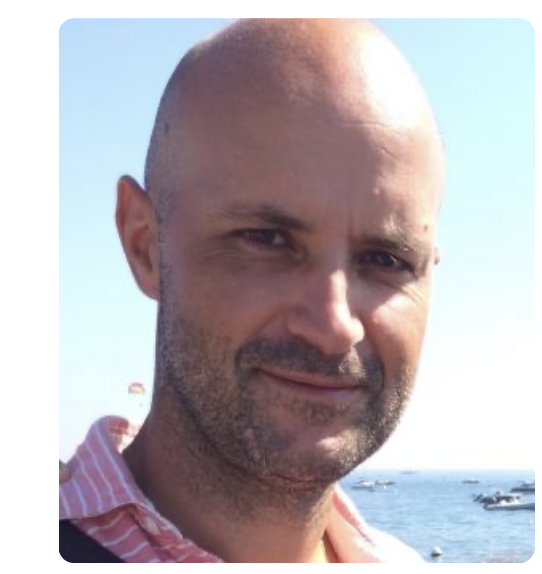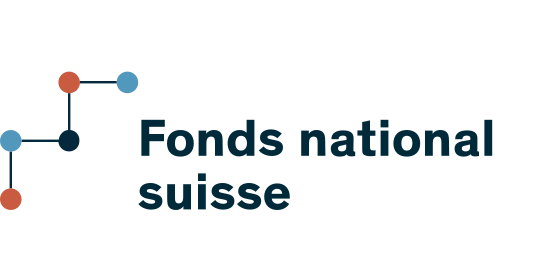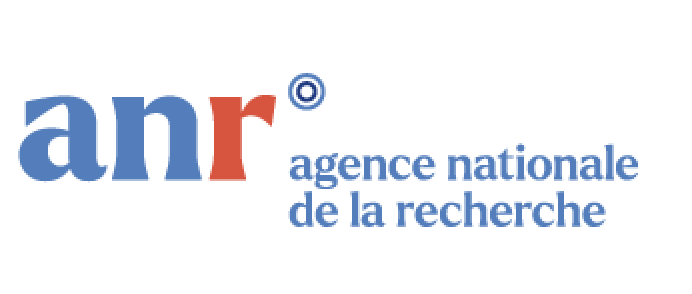About
A 2 week interdisciplinary workshop addressing 2-dimensional conformal field theory using probabilistic methods.
We aim to provide a collaborative environment and to foster informal discussions and dialogue between different communities.
The program will include 7 mini-courses and several related talks.
The particular focus will be on Minimal models, Imaginary Liouville theory, Loop models and SLE/CLE, and
Conformal blocks.
Themes
Minimal models: Minimal models were introduced by Belavin, Polyakov and Zamolodchikov as particular models of 2 dimensional CFT enjoying beautiful and quite simple algebraic structures. They can be constructed from the representation theory of Virasoro algebra and are supposed to contain the scaling limits of many statistical physics models at phase transitions, such as Ising model. However, a rigourous probabilistic construction of these models is sill lacking.
Imaginary Liouville theory: Imaginary Liouville theory has been introduced in physics as the theory represented by a path integral with an action given by the Liouville action with imaginary parameter. Its construction is still not complete and several propositions have been made in physics. Recent developments using the compactified Gaussian Free Field have also appeared recently in mathematics using probability. Its link with minimal models and loop models is under investigation.
From Loop Models and SLE/CLE to CFT: Loop models can be defined in the discrete, for example from Potts or FK models. Their scaling limit is a difficult mathematical question which is under active research. Schramm introduced a theory of random curves, called Schramm-Loewner evolution (SLE), which enjoys beautiful conformal invariance, providing new tools for probabilistic CFT constructions. The SLE aslo describes the interfaces in scaling limits of some statistical models. The conformal loop ensemble (CLE) is a loop version that also seems related to CFT. Its interplay with Liouville CFT and Liouville quantum gravity has proved very powerful recently.
Conformal blocks: CFTs are constructed from a universal family of functions, of algebraic nature, called conformal blocks. These functions are holomorphic functions of the moduli parameters (the parameters describing the space of conformal structures on a surface). They form blocks from which the conformal field theories are built from, using the so-called conformal bootstrap method. Their rigourous construction in general is difficult, due to convergence problems. The probabilistic approach seems to provide new insights on these questions. They are also related to quantization of Teichmüller space and representations of mappping class groups.
